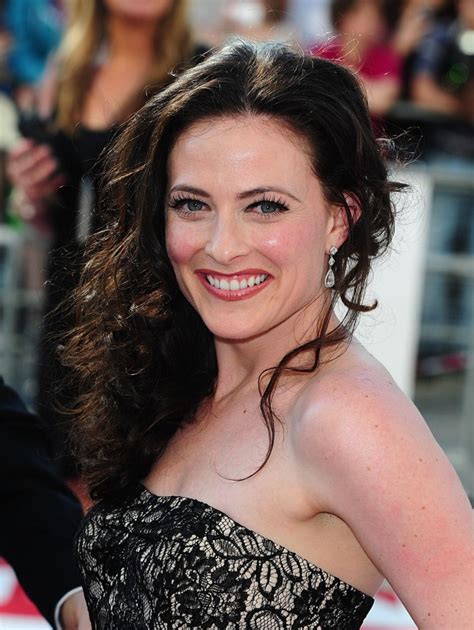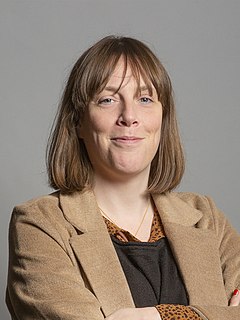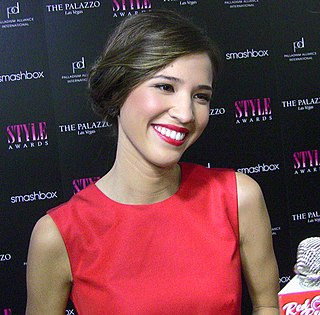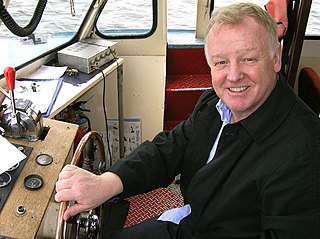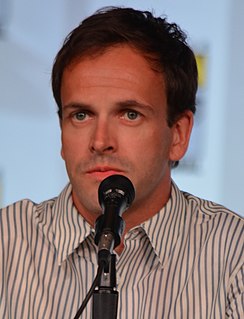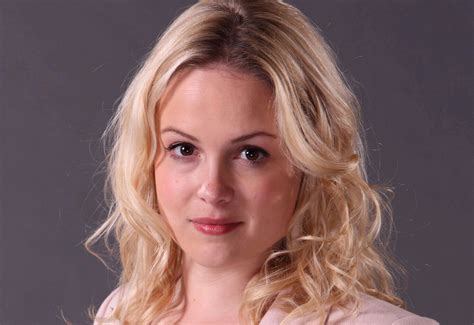A Quote by Lara Pulver
Sherlock' changed the perception of me. I have these cheekbones and this face that suggest very middle-class or period-drama roles. I want to show everyone there's much more to me than Irene Adler.
Related Quotes
When 'Malcolm in the Middle' was over, I was looking for a drama more than a comedy...but if it was a comedy that came up, it would have to be as well-written as 'Malcolm' was, and it would have to be a different kind of character than I played on that show. That's harder to come by. In drama, there were more opportunities, more options for me, and when I read ('Breaking Bad'), it was just, 'Good night, Nurse! I'm going after this sucker!'
Because I sometimes shopped in Waitrose, I thought I was actually quite posh. I've realised that I'm basically a scullery maid. Even the middle-class people who I meet in parliament, people who live in London - which I think is remarkable because how can anybody afford to live there - seem much, much more middle class than me.
For me, there are two different things that make Sherlock Sherlock. One is, you know, within the books: obviously he's a genius with an attention to detail, his ravenous hunger for all aspects of knowledge that might feed into his work. But the major thing that makes him Sherlock is his relationship with Watson - their friendship. For me, that, I guess, is the biggest side, the more interesting side than the genius.
Remember 'The Brady Bunch' TV show? That 1970s family had a full-time live-in housekeeper called Alice. Mrs. Brady worked at the PTA and did community work. She didn't clean her own house. That was middle class. Now you have to be very rich to employ a housekeeper. Everything it meant to be middle class has changed dramatically.
Irene-" "Don't call me that." "You were the princess Irene the first time we met." "It means 'peace'," Attolia said. "What name could be more inappropriate?" "That I be named Helen?" Eddis suggested. The hard lines in Attolia's face eased, and she smiled. Eddis was a far cry from the woman whose beauty had started a war.
In my last year of drama school, I was Abigail in 'The Crucible' and Nina in 'The Seagull,' and I did some Shakespeare with the RSC. That's what casting directors saw me in, and I got put up for a lot of period drama auditions. I always get told I suit the costumes. I don't think I have a very modern-looking face.
